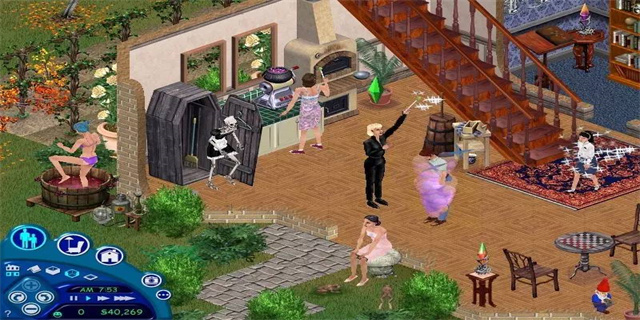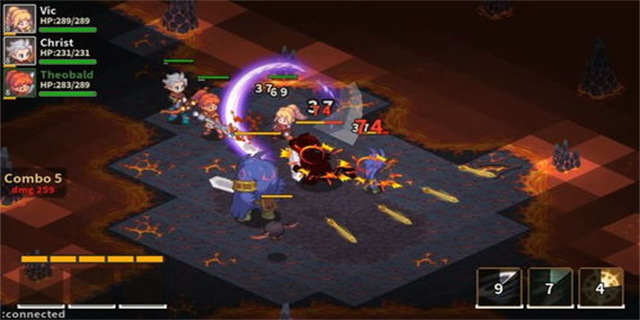Depression: The Silent Struggle
Depression is a mental disorder that affects millions of people worldwide. It is often referred to as the silent struggle because it is not always noticeable, and those who suffer from it often hide their pain from others. Depression is not a sign of weakness, and it is not something that can be easily overcome. It requires understanding, empathy, and strong willpower to overcome this debilitating illness.
The Symptoms of Depression
Depression is characterized by a range of symptoms that vary from person to person. Some of the most common symptoms include prolonged sadness, lack of energy, difficulty sleeping or oversleeping, loss of appetite or overeating, and feeling hopeless or worthless. Individuals struggling with depression may also experience physical symptoms such as headaches, stomach pain, and muscle tension.

It's important to note that not everyone with depression experiences the same symptoms. Symptoms may be mild, moderate, or severe, and they may come and go over time. Some individuals may experience depression only once in their lives, while others may have recurring episodes of depression.
Causes of Depression
There is no one cause of depression. It is believed to be caused by a combination of genetic, environmental, and psychological factors. Individuals with a family history of depression are at a higher risk of developing the disorder. Traumatic life events such as the loss of a loved one, a relationship breakdown, or a significant life change can also trigger depression.

Other risk factors for depression include chronic stress, social isolation, and a lack of social support. Physical illness or chronic pain can also increase the risk of depression. Certain medications and drug/alcohol abuse can also contribute to depression.
Treatment for Depression
Treatment for depression usually involves a combination of medication, therapy, and lifestyle changes. Antidepressant medication can help alleviate symptoms and improve overall well-being. Therapy, such as cognitive-behavioral therapy, can help individuals develop coping strategies and improve their outlook on life.
Lifestyle changes such as regular exercise, a healthy diet, and a regular sleep routine can also be helpful in managing depression. For some individuals, alternative therapies such as meditation, acupuncture, and yoga can also be effective in reducing symptoms.
It's important to seek help if you or someone you know is struggling with depression. Depression is a treatable illness, and with the right support, individuals can learn to manage their symptoms and live healthy, fulfilling lives.


























